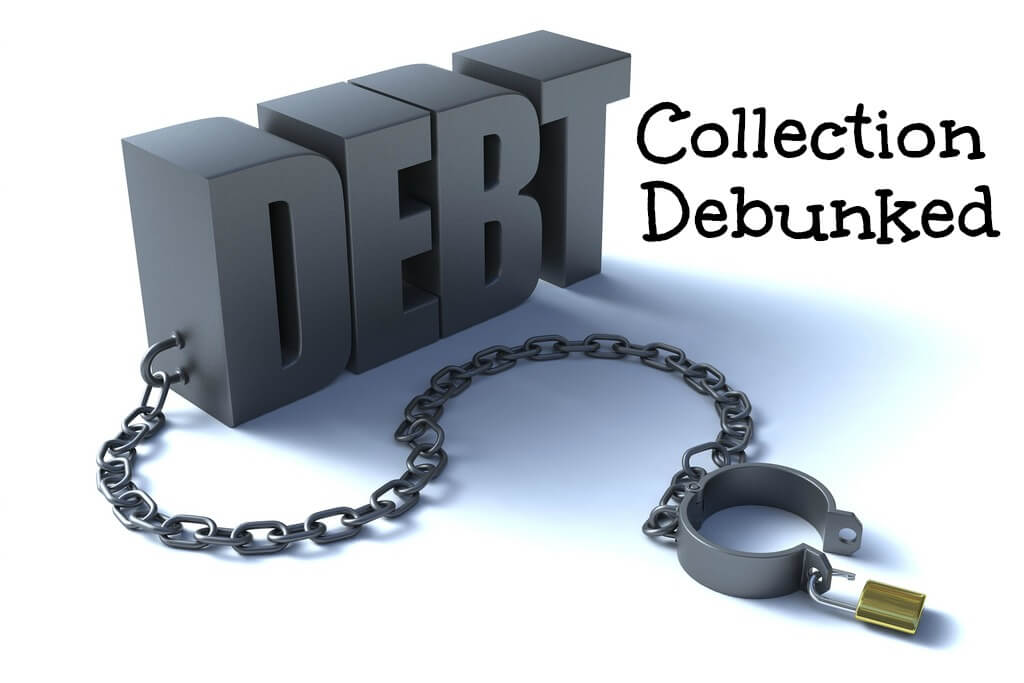

If your property other than a bank account is being garnished, speak with a lawyer right away. Garnishments of property are most often directed at bank accounts. Garnishments of Property and Bank GarnishmentsĪ judgment creditor may ask the court to seize your property in order to pay a debt for which the court has issued a judgment. There is no such limitation on how much a creditor can garnish from a bank account or other asset. For individuals earning minimum wage or near minimum wage, you must be left with an amount equal to 30 times the Maryland minimum hourly wage. A creditor may not garnish more than 25% of your wages per pay period. The creditor can garnish wages and/or bank accounts or attach any other asset. An employer cannot fire you because your wages are being garnished for any one debt within a calendar year.Īre there any limitations on how much a creditor can collect after judgment has been entered?Īfter the court enters a judgment, the creditor has the legal right to collect the debt.The creditor must send the statement within 15 days after the end of each month. Once a garnishment begins, the creditor must send you a statement of your payments.Use the DC-002, Motion to explain your defense or objection. You have the right to contest the garnishment.Wages will be withheld until you pay the judgment in full. The creditor can file a request to have your employer to withhold part of your wages.The lien may affect your ability to sell your property or get a loan. The circuit court will record or "attach" the lien to your property to give notice that you owe money to the plaintiff. If you own property, the court will send the notice of the lien to the circuit court where you have property.In all other counties, the creditor has to file a request to record the lien in the circuit court. In Baltimore City, the court will record the lien without a request.A judgment for money is a lien for the amount of the judgment and post-judgment interest.The creditor may also be able to sell the property to satisfy all or part of the debt. If the debt isn't paid, the creditor may be able to seize the property. What is a lien (pronounces "LEEN")? A lien is a lawful claim against property that guarantees payment of a debt.Read your court forms carefully and use the resources listed on this page. If you receive a summons from the court and do not appear, the court may issue a body attachment and it may lead to your arrest.If you do complete the form and send it back within 30 days, you won't have to answer Interrogatories or appear for an Oral Examination for at least one (1) year from the entry of the judgment, unless the court orders otherwise for a good reason.Send the information sheet to the plaintiff no later than 30 days after it was mailed or delivered. Complete the entire information sheet and return it to the judgment creditor (plaintiff) along with the documents listed on the form.If you do not respond in time, you may have to answer Interrogatories (written questions answered under penalty of perjury), appear in court to answer the questions (Oral Examination), or both. You may receive the form, Judgment Debtor Information Sheet (CC-DC-CV-114) from the judgment creditor.If the court enters a money judgment against you, the plaintiff can request information from you about your employment, assets, debts, income and expenses. Garnishment of Bank Account | Tell the Court that the Debt is Paid Collect Information If you do not pay the judgment or work out arrangements to pay, the judgment creditor may take the following actions:Ĭollect Information | Lien on Property | Garnishment of Wages

What actions can the judgment creditor take to collect? A judgment lasts for 12 years and the plaintiff can renew the judgment for another 12 years. A creditor who obtains a judgment against you is the " judgment creditor." You are the " judgment debtor" in the case.


 0 kommentar(er)
0 kommentar(er)
